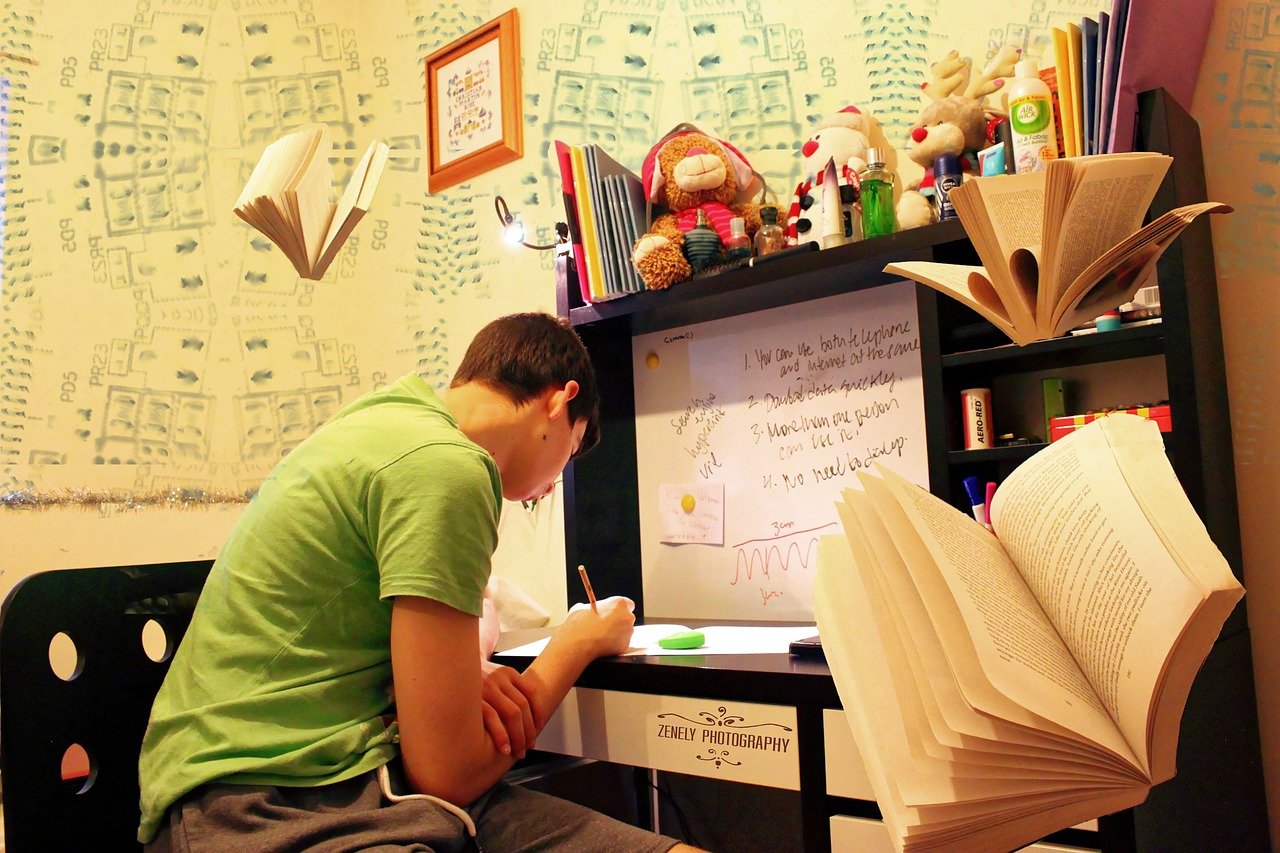Effective revision is a game-changer when it comes to A-level exams. As young minds gear up for the challenge, a strategic approach to study can make all the difference. Understanding your learning style is the first step. Consider whether you absorb information best through visuals, hearing, or hands-on activities. Tailor your study methods to suit your style; it’s about efficiency, not endurance.
Once you know your learning style, you can look at some other practical tips that can impact your grades.
Create A Realistic Study Schedule
Crafting a realistic study schedule is a fundamental aspect of achieving academic success. Start by assessing the subjects and breaking them into manageable study sessions. Divide your time strategically, ensuring comprehensive coverage without overwhelming yourself. A well-structured schedule should incorporate essential breaks. These pauses are not distractions but vital moments to prevent burnout and maintain focus.
Creating a timetable that aligns with your learning pace and accommodates necessary intervals enables you to set the stage for effective and sustainable study habits. This practical approach ensures you stay on track, manage your workload efficiently, and enhance your overall retention and understanding of the material.
Active Learning Techniques
Active learning takes the spotlight next. Passive reading alone won’t suffice; active engagement with study material is essential. Instead of simply absorbing information, transform your study sessions from mundane to impactful by employing dynamic strategies. Incorporate flashcards into your routine to reinforce key concepts and promote quick recall.
Utilise revision notes already available. For instance, if you are studying for a Biology exam, use the AQA A Level Biology revision notes from Save My Exams to help you when revising. Summarise information in your own words to enhance understanding and retention. Take it further by teaching these concepts to friends; explaining topics solidifies your grasp of the material.
Use Of Technology For Revision
Harnessing technology effectively is a pivotal aspect of modern A-level revision. Screens, often deemed distractions, can transform into potent tools when used judiciously. Delve into a realm of educational apps and online resources specifically tailored for A-level revision. These digital aids offer interactive and dynamic ways to grasp complex concepts.
However, striking a balance is paramount. While technology facilitates learning, excessive screen time can lead to burnout and reduced productivity. Set clear boundaries, designating specific periods for focused screen use and breaks.
Mindful Revision
Prioritising mindful revision is a departure from conventional study methods, yet it proves to be a game-changer in the pursuit of academic success. Amidst the hustle, redirecting your focus inward can yield substantial benefits.
Incorporate brief mindfulness sessions into your study routine—moments to focus on your breath and clear your mind. This intentional pause dissipates stress, promoting a renewed sense of concentration when you return to your studies.
Effective Note-Taking Strategies
Discussing effective note-taking strategies unveils the crucial artistry required for academic success. Instead of a recording process, consider your notes as dynamic study allies. Crafting a system that aligns with your learning style is pivotal.
Aim for clarity, conciseness, and organisation; these attributes transform your notes into valuable study tools. Emphasise the key points, use headings and bullet points, and colour-code information to enhance readability. Periodically review and revise your notes, treating them as living documents that evolve with your understanding.
Mastering A-levels requires a holistic approach. No need for daunting, one-size-fits-all approaches. Your journey is unique, and so should your revision. Implement these practical tips consistently, and you’ll find yourself better prepared and more confident as you tackle those A-level exams.





